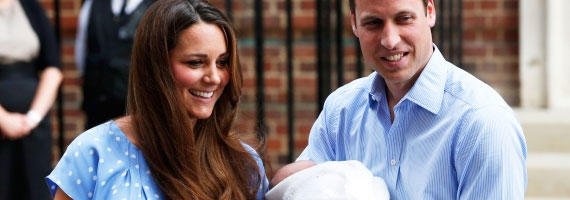He didn’t get passed over. His position wasn’t cut due to any sequestration. Prince William finished his 156 search and rescues for the British military. He put in his 1300 flying hours in his helicopter and decided to end his tour in the Royal Air Force after seven years.
But even royal princes don’t get to skip the transition phase of leaving the military, do they?
In the press announcement, the palace said that William is expected to work with charities that help children and veterans and expand his work in the conservation of endangered species.
Which sounded really nice to me. Well meaning. Kind of, uh, vague. Sort of unformed, you know?
In fact, it sounded a lot like the plans of many new military veterans I know (except for the part about living in the palace, hanging out with David Beckham, and never worrying about how you are going to make the car payment and the cell phone bill at the same time.)
Ah well. We can’t all be princes.
But we will all eventually leave the military.
In the United States, about 185,000 military members finish their contract and voluntarily leave the military each year. Another 45,000 or so retire. A bunch of people get kicked out. And all of them make the transition into civilian life.
Our readers tell us that this is rocky time—no matter how willing you are to leave the service.
In a 2011 Pew Research study, 27% of the veterans said that their reintegration into civilian life was difficult.
Part of that is this is due to combat. According to the study, veterans who said they had were injured or suffered an emotionally traumatic experience while serving were significantly more likely to have trouble with the transition.
Part of the trouble is finding a job. Even though veteran unemployment is now at the same rate as the rest of the U.S. population, the process of finding a job is still stressful.
Part of it—the part that even Prince Williams will have to deal with—is that once you leave the military, you have to figure out what you are going to do with the rest of your life. You have to figure out who you are when you aren’t wearing the uniform anymore.
We don’t talk about this much in public—mostly because civilians don’t get it.
Even if a veteran walks directly into a job after the military, even if all he or she does is put on a shirt and tie and go back to the same job at the same office, that doesn’t mean that they are completely transitioned.
I’ve had veterans tell me about how they hated learning to do things in a civilian way when they left the military. This wasn’t about hierarchies of command or barking out orders for coffee. This was about timelines and schedules and contracts and the way things work in civilian life.
I’ve heard them confess that their first job was not a good fit and that they were miserable—and how they had to go back to the jobhunt to find something that suited them better.
I’ve had wives tell me to prepare for those first two years out of the military as if you would be married to a stranger—because your particular Prince Charming lost a big part of himself when he left the military.
I wonder if Prince William will be like that, too. I wonder if there will be times in his life where he misses the way things were in the military. I wonder if he will hear RAF helicopters fly overhead and look up. I wonder if he will get that little wistful look you sometimes see on a veterans face, that unspoken wish.
I hope so.









